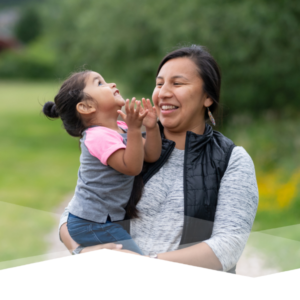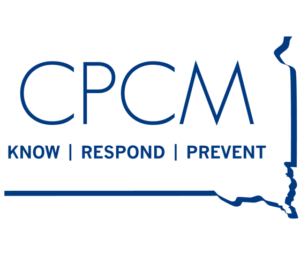In 2014, through SDCL2-6-31, Jolene’s Law Task Force was charged to study the prevalence and impact of child sexual abuse (CSA) in the state. The Task Force met during the 2014, 2015, and 2016 interim legislative sessions. Task force membership represented the executive and legislative branches of South Dakota government, along with a medical doctor specializing in child sexual abuse, a State’s attorney, professionals from Child Advocacy Centers (CACs), counselors, law enforcement, the Federal Bureau of Investigation and the Tribal community. Additionally, Jolene Loetscher, a victim of child sexual abuse and for whom the Task Force is named, was a member. Senator Deb Soholt served as chair and Senator Alan Solano as vice-chair of the Task Force and its efforts.
The task force came to understand that:
- Child sexual abuse is a serious, significant issue in South Dakota.
- At least 4,000 children in our state experience sexual abuse every year.
- Students in South Dakota who have been forced to have sex, been touched sexually when they did not want to be or forced to do sexual things other than sexual intercourse are two to five more times likely to consider or attempt to commit suicide.
- This topic is a public health priority for the safety and health of our kids.
- Child sexual abuse happens in all socio-economic and race groups.
- South Dakota adults need to lead a culture shift to protect our children.
- The most powerful lever for change rests with mandatory reporters.
- A coordinated system of response and early intervention must be developed.
- A single entity should be responsible to aggregate statewide child sexual abuse data and use that to drive effective interventions and change.


